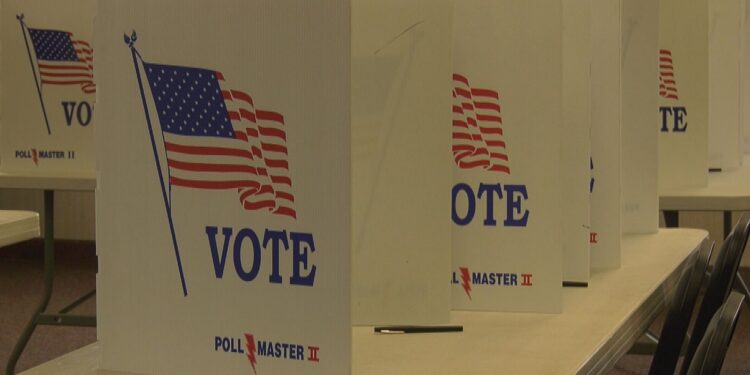LANSING, Mich. (WZMQ) – The American Communities Project (ACP) at Michigan State University has released its third annual national survey, offering a detailed look at how voters across 15 types of communities are processing political and economic change heading into the 2026 midterm elections.
ACP Director Dante Chinni said the study is part of a multi-year effort funded by the Robert Wood Johnson Foundation to measure how different parts of America are reacting to rapid shifts in the second Trump administration. “We try to understand how the country is kind of pulling apart right now,” Chinni said. “This year in particular… There have been a lot of changes.”
Inflation: The Top Concern Three Years Running
Across every community type, from urban centers to rural regions, inflation remained the number-one issue for the third straight year. Chinni noted that even in communities with more stable incomes, such as “Graying America,” rising prices continue to strain households.
Shifting Hopefulness in Trump-Voting Areas
Most communities that voted for Donald Trump in 2024 reported feeling more hopeful about the country’s direction this year. But “Graying America”, a category that includes much of Michigan’s Upper Peninsula, bucked the trend.
“The numbers were the same last year to this year, which is interesting,” Chinni said, suggesting residents in those areas see less dramatic day-to-day change.
One of the survey’s most striking findings came from Hispanic communities. Even though these areas flipped from Biden in 2020 to Trump in 2024, their sense of optimism dropped.
“They’re the only place we looked at where the vote swung to Trump, and yet they feel less hopeful about the future,” Chinni said, pointing to sweeping immigration crackdowns as a likely cause.
Tariffs Becoming Bipartisan Frustration
Tariff impacts were widely felt and disliked by Harris-voting communities, and increasingly more by Trump-voting ones too. “That’s pretty interesting. There’s not much that’s bipartisan in this country,” Chinni said, noting that every community that noticed tariff changes viewed them negatively.
AI: The One Issue Uniting Both Parties
The emerging threat of artificial intelligence produced one of the study’s rare points of agreement.
“They all want more regulation over AI. That is rare to find in a survey… The fact that you’re seeing them all say we need more regulation around artificial intelligence, that’s something to keep in mind.” Chinni said. Respondents expressed fear over job security, impacts on their children, and uncertainty about how quickly the technology is advancing.
With sweeping Democratic wins in 2025’s off-year elections and a voter base uneasy about inflation and immigration, Chinni said Republicans could face headwinds.
“There is certainly nothing in these data that suggests there’s anything, as things currently stand… for Republicans to really feel excited about for 2026, there’s a lot in these numbers to be concerned about,” he said.










